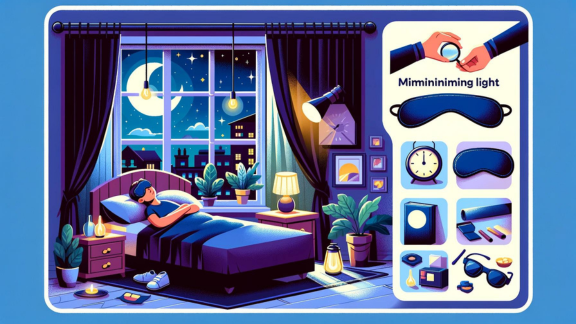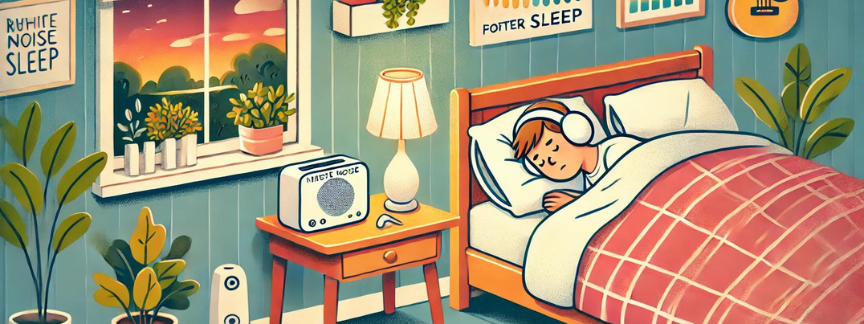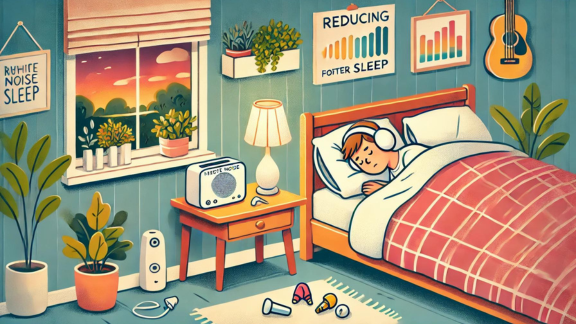
Chapter 1
Sleep
“Sleep is the best meditation.”
– Dalai Lama



Maintain a Consistent Sleep Schedule
Adhere to the same bedtime and wake-up time every day to stabilize your body clock.
Set a bedtime alarm just as you do for waking up to ensure you get enough rest each night.
Avoid sleeping in on weekends, as it doesn’t compensate for weekday sleep deficits and disrupts Monday mornings.






Limit Caffeine and Nicotine for Better Sleep
Be cautious with caffeine in coffee, colas, some teas, and chocolate, as its effects can last up to eight hours.
Avoid consuming caffeine in the late afternoon to prevent sleep difficulties at night.
Nicotine disrupts sleep, leading to lighter sleep phases and early morning awakenings due to withdrawal.






Minimize Light for Optimal Sleep
Control light exposure to maintain your circadian rhythm and enhance sleep quality.
Use blackout curtains or a sleep mask to block out disruptive light effectively.
Avoid bright lights before bedtime to support your body’s natural melatonin production, aiding in faster sleep onset.






Upgrade Your Mattress and Bedding
Choose a mattress and pillow that suit your personal comfort and support needs, crucial for relaxation and spinal alignment.
Select sheets and blankets that are soft and help regulate your body temperature throughout the night, making your bed more inviting.






Reduce Noise for Better Sleep
Minimize noise to create a more sleep-conducive environment.
If eliminating noise isn’t possible, use a fan or white noise machine to mask disruptive sounds.
Consider earplugs or headphones as alternatives to block out noise, ensuring uninterrupted sleep.






Feel free to share with your colleagues
Give feedback, ask questions or request new resources


